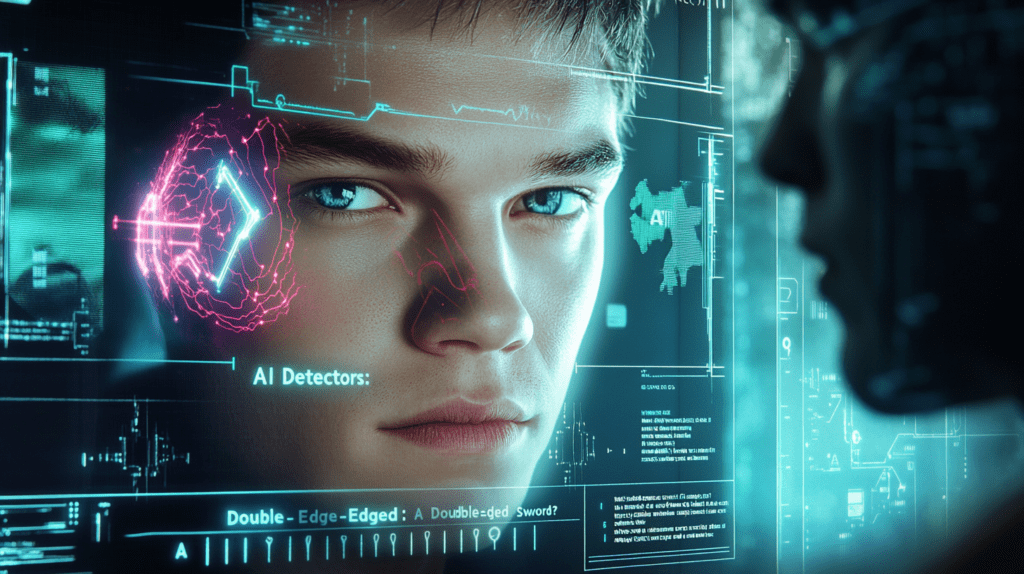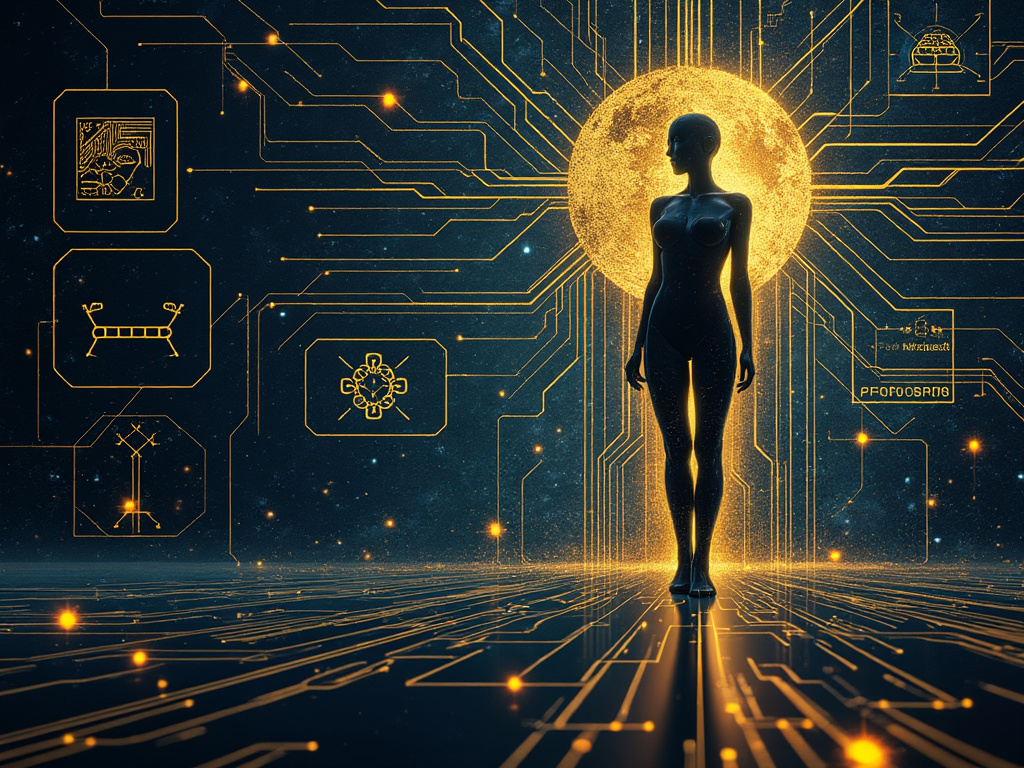
The pursuit of truth has been an enduring human quest. From the ancient trials by ordeal to the modern polygraph, societies have relentlessly sought methods to discern fact from fiction. In our hyper-connected, data-driven world, the stakes have never been higher. Accurate lie detection is crucial in fields as diverse as law enforcement, business, and personal relationships.
Enter Artificial Intelligence (AI). With its ability to analyze vast datasets and identify patterns, AI is revolutionizing lie detection. Machine learning, natural language processing, facial recognition, and voice stress analysis are being harnessed to create tools that promise unprecedented accuracy. Yet, this technological advancement raises profound questions about trust, privacy, and the very nature of human interaction.
How Do AI Lie Detectors Work?
AI lie detectors operate by scrutinizing a multitude of data points. Sophisticated algorithms analyze speech patterns, facial expressions, and physiological responses to detect inconsistencies indicative of deception. For instance, systems can identify micro-expressions – fleeting facial changes often associated with concealed emotions – with remarkable precision. Voice analysis tools can pinpoint subtle variations in pitch, tone, and volume that may betray dishonesty.
While traditional polygraphs rely on physiological responses, AI offers a more holistic approach. By examining multiple data points, these systems aim to provide a more accurate and reliable assessment.
A Double-Edged Sword
The potential benefits of AI lie detectors are undeniable. They can enhance security, streamline investigations, and improve decision-making processes. In the corporate world, they can aid in hiring, risk assessment, and fraud prevention. However, this technology is not without its challenges.
Privacy concerns loom large. The collection and analysis of personal data raise ethical questions about surveillance and potential misuse. Moreover, the risk of false positives cannot be ignored. Incorrectly accusing someone of deception can have devastating consequences.
Another critical issue is the potential for bias. If AI systems are trained on biased data, they may perpetuate or amplify existing prejudices. Ensuring fairness and equity in AI development is paramount.
The Road Ahead
The future of lie detection lies at the intersection of technology and human judgment. While AI offers powerful tools, it should not replace human intuition and critical thinking. A collaborative approach, where AI complements human expertise, is likely to yield the most reliable and ethical outcomes.
To harness the full potential of AI lie detectors, we must establish robust ethical frameworks, invest in research and development, and foster open dialogue about the implications of this technology. By doing so, we can create a future where AI enhances trust and security without compromising human values.
The question remains: Will AI lie detectors ultimately strengthen bonds of trust or erode them? The answer depends on how we choose to develop and deploy this technology.




